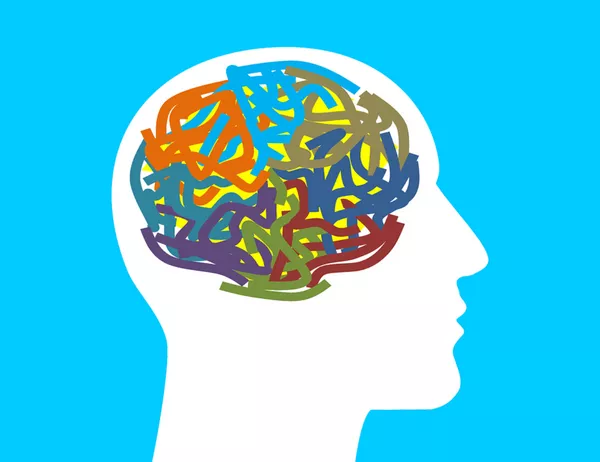New research highlights a significant obstacle to achieving workplace gender equality in Australia—insufficient support for individuals living with migraines. The study, commissioned by Migraine & Headache Australia, uncovers that nearly three-quarters of migraine sufferers are women, yet 64 percent of Australian workplaces fail to provide adequate support for them.
Women living with migraines often bear the weight of stigma and discrimination, with one in four having left their jobs due to a lack of support. Furthermore, 38 percent of those enduring frequent migraines, defined as lasting 11 days or more per month, have done the same.
These findings coincide with Migraine & Headache Awareness Week 2023 (4-8 September), prompting the organization to call for large employers and the Australian Government to launch an awareness and educational workplace program. This initiative aims to alleviate the workplace burden of migraines, particularly among women, and reduce the economic impact associated with productivity losses.
While migraines affect 4.9 million Australians, they remain underdiagnosed, undertreated, and widely misunderstood, as highlighted in a 2018 Deloitte Access Economics Report.
The research also reveals misconceptions about migraines, with almost one in four non-migraine sufferers viewing them as mere excuses to evade work. A separate study from Migraine at Work demonstrates that four out of five managers do not consider migraines a serious enough reason for employees to take time off.
Migraines affect virtually every aspect of a person’s life, and outside research indicates that individuals with migraines are up to five times more likely to experience poor mental health.
Dr. Katherine Spira, a Sydney-based neurologist who herself lives with migraines, emphasizes the pain and isolation felt by her patients due to the stigma of their invisible illness. Many of her patients, she notes, endure symptoms severe enough to warrant sick leave but often go to work due to their high pain tolerance developed over the years.
Dr. Spira points out that those who disclose their condition at work may face open bullying, exacerbating the challenges of living with migraines. The high rates of anxiety and depression among migraine patients reflect this harsh reality.
Dr. Carl Cincinnato, Director of Migraine and Headache Australia, underscores the urgency of workplace changes for women living with migraines. He highlights the immense impact when people must conceal their symptoms at work, affecting not only those with migraines but also workplace productivity, female workforce participation, and the Australian economy.
Cincinnato emphasizes that workplaces can take steps to better support staff suffering from migraines, despite the unfortunate reality that most workplaces have yet to implement these measures. He sees an opportunity for Australia to create a more supportive and productive work environment for the millions of migraine-affected individuals across the country.


